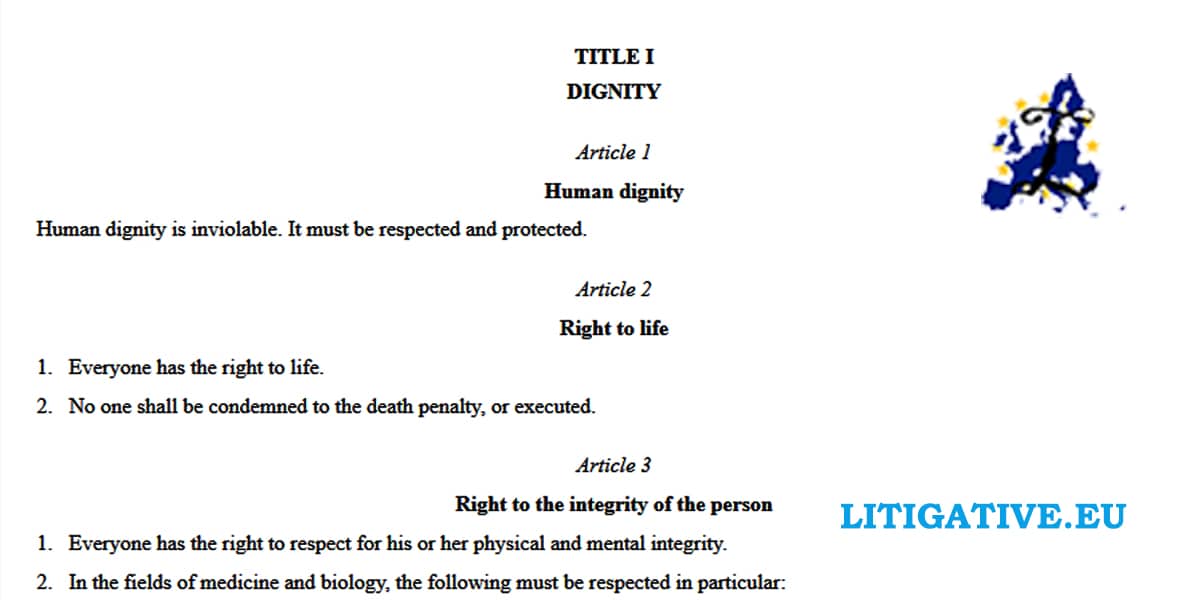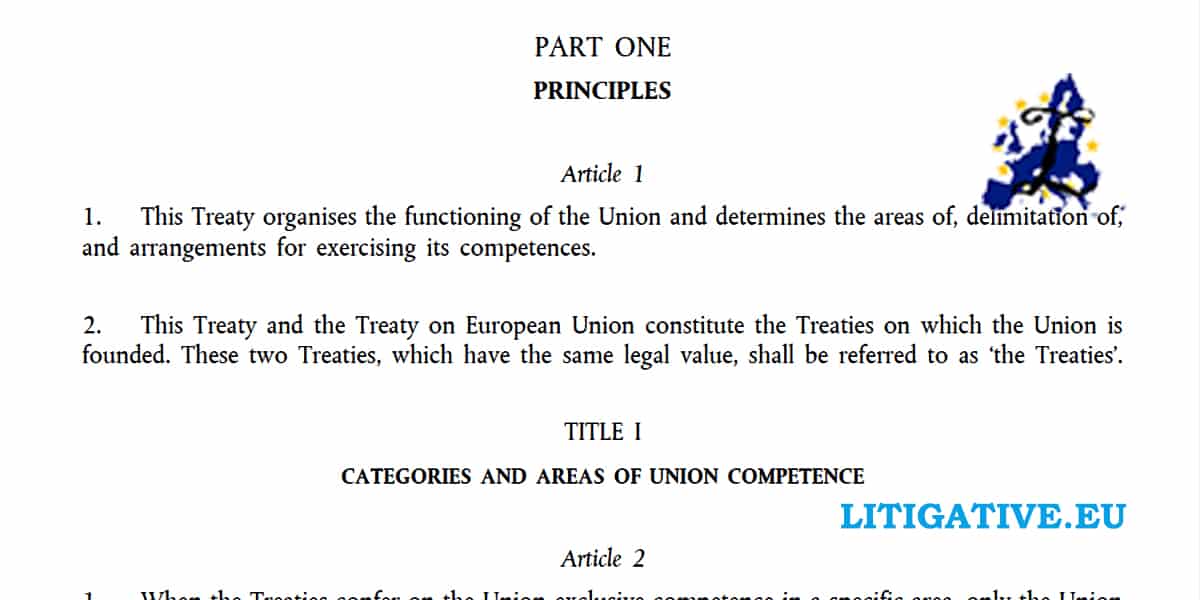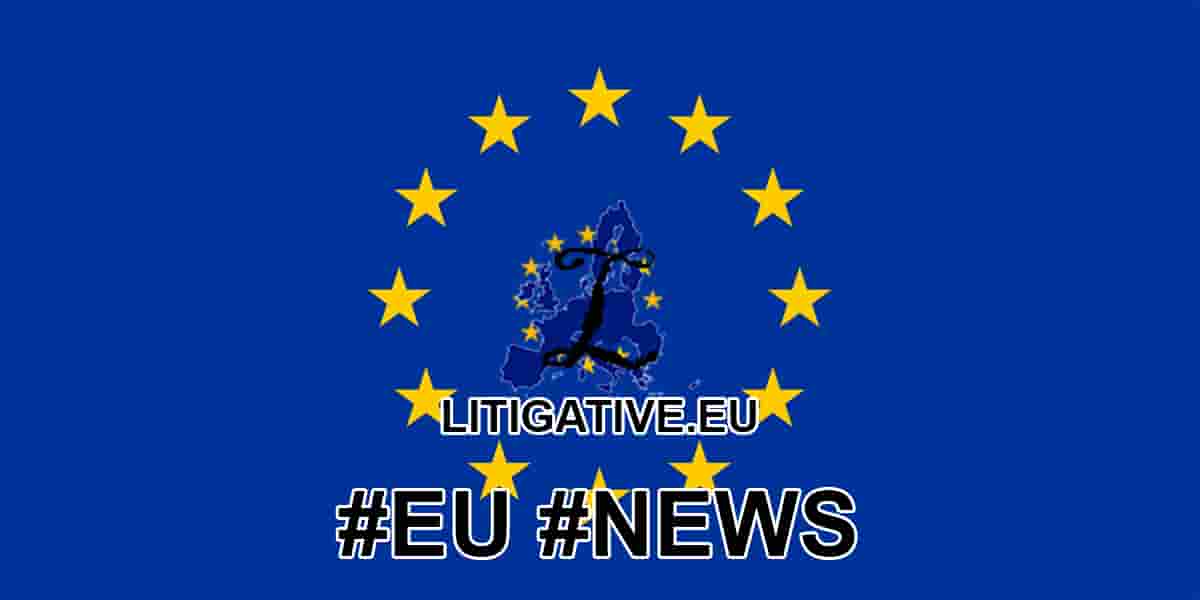Apple pressured withdraw iPhone user surveillance plan in an open letter signed by more than 90 civil society firms on Thursday (19 August) entreated Apple to abandon its lately announced plan to introduce scanning capabilities to detect baby sexual abuse cloth.
The international coalition of policy and rights organisations is urging Apple to abandon its plan to construct ‘surveillance features’ intended to scrutinise content and communications from its gadgets to prevent the dissemination of child sexual abuse cloth (CSAM).
The iPhone-maker introduced on 5 August its goal to introduce infant protection functions to look at kids’s messages on iMessage to identify snap shots of nudity and the photos uploaded on iCloud for pictures of baby sexual abuse.
“We are worried that they will be used to censor protected speech, threaten the privateness and protection of people round the arena, and have disastrous consequences for many kids,” the letter reads, arguing that “algorithms designed to locate sexually express cloth are notoriously unreliable.”
Apple’s announcement brought about robust grievance from coverage companies and professionals that the new capabilities may compromise customers’ privacy and even be used by authoritarian regimes to target people.
Apple pressured withdraw iPhone user surveillance plan
Following the backlash, the Cupertino-primarily based business enterprise made some enormous changes to its new programme, considerably including the requirement that an photograph had to be flagged in multiple nations earlier than being disclosed to the in a position law enforcement government.
The coalition isn't happy by using the additional caveats, thinking about that creating photo surveillance tools and a backdoor to the messaging service might open the door for abuses.
“Once this functionality is built into Apple products, the business enterprise and its competition will face significant stress — and potentially felony requirements — from governments around the world to experiment pix not just for CSAM, but also for other pictures a government unearths objectionable,” the letter states.
Apple pressured it'd oppose any request to come across photographs no longer associated with toddler safety, but it did not commit to exiting a marketplace where it would be legally obliged to achieve this.
Last month, the European Parliament followed the very last version of the ePrivacy derogation, an meantime measure that allows tech companies to voluntarily music child sexual abuse material on line. The brief measure changed into similarly criticised for compromising users’ privateness and permitting the indiscriminate tracking of private communications.
Apple pressured withdraw iPhone user surveillance plan
“The proper to speak securely underpins the pillars of democracy, including press freedom, the presumption of innocence, privacy and freedom of expression and affiliation,” said Iverna McGowan, director of the European workplace of the Centre for Democracy and Technology, the corporation that coordinated the open letter.
However, McGowan notes that the ePrivacy derogation preserved the integrity of stop-to-quit encryption, whereas Apple’s circulate to create a backdoor might bolster government needs to provide special get right of entry to to encrypted communications.
“As we've got seen over the past weeks with the Pegasus scandal, democracy and human rights are in need of extra safety from authorities surveillance — now not much less,” McGowan brought.
Apple pressured withdraw iPhone user surveillance plan
In an interview with the Wall Street Journal, Apple vp Craig Federighi invited researchers to check its child safety capabilities, arguing Apple’s technology can be held responsible by using external assessment.
However, due to the fact that 2019 Apple has been in litigation for copyright violations with Corellium, a begin-up that facilitates studies by way of replicating phone software program without the bodily device. While the 2-year lawsuit appeared to be near a conclusion final week, Apple determined to attraction after Corellium issued a studies supply to scrutinise the iPhone software program.
“iOS is designed in a manner that’s without a doubt very tough for human beings to do an inspection of gadget services,” Matt Tait, chief operating officer at Corellium informed MIT Technology Review.


